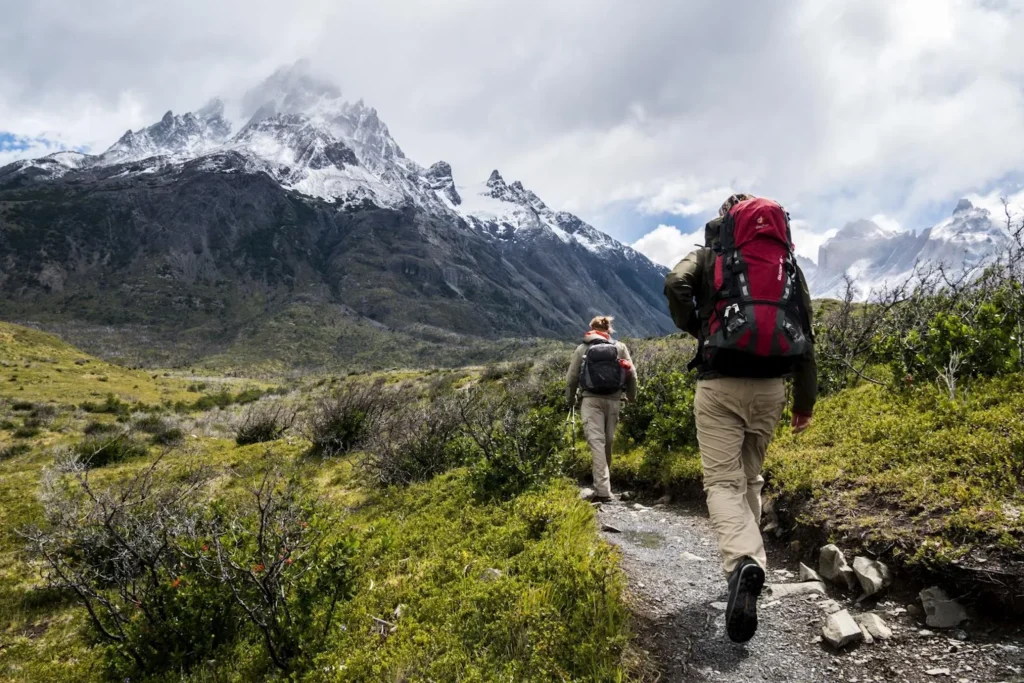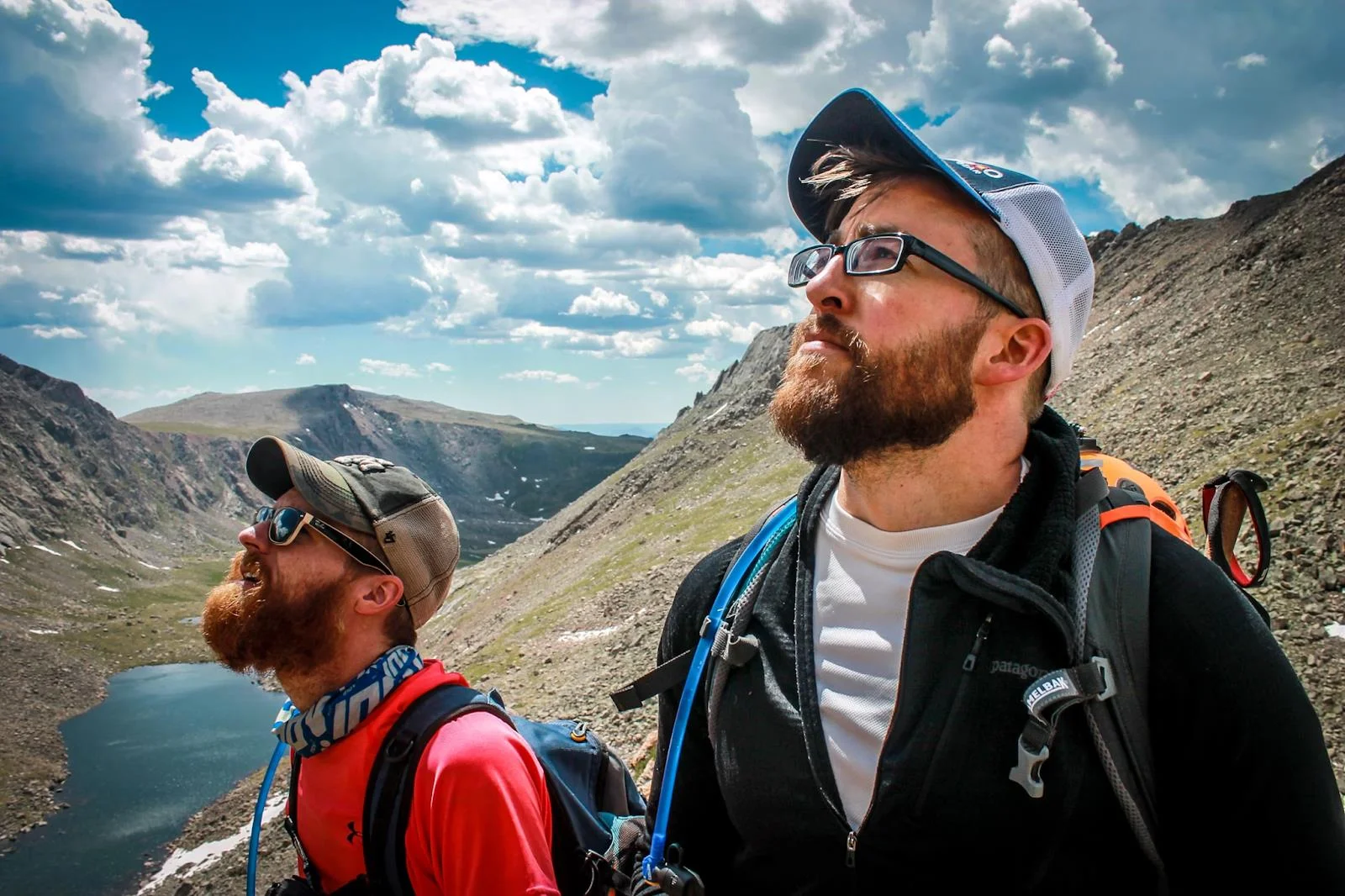Who doesn’t love a good adventure in the great outdoors? For a peaceful hike or an adrenaline-fueled expedition, the freedom and excitement are unmatched.
From sudden weather changes to unexpected injuries, the unpredictable nature of outdoor activities can turn a fun outing into a serious crisis.
Being prepared means not only having the right gear but also the knowledge and skills to use it effectively.
Starting Your Prep Journey
Ever thought about what you’d do if the weather suddenly turned or you scraped your knee far away from any help?
Getting prepared might sound daunting, but it’s all about making sure you can keep having fun, no matter what.
First up, understanding the risks tied to your favorite outdoor spots and activities is crucial.
Finding A Relevant Guide
Need a hand figuring out where to start? Websites like Survival Stoic aren’t just about doomsday prepping.
They offer practical steps to get savvy about safety with their handy Prepping Guide.
Imagine knowing exactly what to do and when, whether it’s checking your gear or learning new survival tricks. That’s peace of mind, right?
Assembling Your Emergency Kit
So, what’s in your backpack? A well-packed emergency kit is your best friend in the wild.
We’re talking water purifiers, a robust first-aid kit, the right clothes for the weather, and, of course, a trusty map or GPS.
The National Safety Council points out that the right kit doesn’t just tag along—it actively keeps you safer by ensuring you’re ready for common outdoor mishaps.

Developing Survival Skills
When it comes to staying safe and making the most of your outdoor adventures, knowing a few key survival skills is as essential as packing the right gear.
Here’s what you need to have up your sleeve:
- First Aid: Quick response to injuries can make a huge difference. Regular first aid training ensures you can handle everything from cuts and bruises to more serious situations.
- Fire Starting: Can you start a fire under any conditions? It’s not just about warmth; it’s about cooking food and possibly signaling for help.
- Emergency Shelter Building: When the weather turns, knowing how to build a temporary shelter using natural materials can protect you from the elements.
- Water Purification: Safe drinking water is a must. Learn various methods to purify water, whether through boiling, chemical treatments, or using filtration devices.
If you hone these skills through courses and practice, you ensure not only your survival but also your ability to enjoy the wilderness safely and responsibly.
Outdoor Emergencies: What You Need To Know
Heading into the wild? That’s awesome! Just make sure you’re ready for those unexpected twists that nature might throw at you.
From sudden downpours to curious critters, being prepared can keep a simple mishap from turning into a real spoiler.
Scrapes And Sprains: The Adventurer’s Bane
Ever tripped over a root and ended up with more than just a bruised ego? Out here, a small injury can become a big deal fast.
So, let’s pack that first-aid kit right. Think bandages, antiseptic wipes, and yep, that ankle wrap could be a lifesaver.
Knowing how to clean a cut or wrap a sprain is like having a superpower. You’ve got this!
Too Hot To Handle? Cooling Down Fast
Caught feeling more than just the sunshine vibes? Heat exhaustion can sneak up on you, turning a great day under the sun into a risky ordeal.
Here’s the lowdown on keeping it cool:
- Spot the Signs: Keep an eye out for that heavy sweating, a super-fast pulse, and feelings of dizziness or nausea.
- Chill Out: Find some shade, sip some water, or grab a sports drink, and just take a breather.
- Dress Smart: Lightweight, breathable fabrics are your best friends out here. Plus, plan those intense treks for the cooler parts of the day, like early morning or late evening.

Lost? Here’s How To Get Found
Even the best of us can lose our way sometimes. If you find yourself a bit off the map, stay calm.
A good map, compass, or GPS can be your golden ticket back to camp. Need to signal for help?
A whistle, a mirror, or an old-school SOS with rocks can do the trick. Remember, staying put in a safe spot can sometimes be your best bet until help arrives.
When Wildlife Wonders By
And what about when you lock eyes with a bear or another wild resident? First, keep your cool.
Make yourself look big, back away slowly, and whatever you do, don’t run.
Keep your food sealed and your site tidy to avoid unexpected furry visitors looking for a snack.
Planning For The Great Outdoors: Essential Tips For Adventurers
Heading out into the great outdoors can be an exhilarating experience, whether you’re trekking through the mountains or kayaking down serene rivers.
Here are some key considerations to ensure your adventure is both enjoyable and safe.
Know Before You Go
Research is your first step to a successful outdoor adventure. Understanding the specifics of your destination is crucial—this includes weather conditions, terrain challenges, and any potential wildlife you might encounter.
Websites like REI Co-op Adventure Travel offer insights into various adventure trips, providing details on what to expect and how to prepare.

Pack Smart
Equipping yourself with the right gear is essential. This goes beyond clothing and food—it’s about matching your equipment to the environment.
If you’re heading to a place known for its rugged terrain, like the trails described in the adventures at REI, make sure you have sturdy boots and a reliable backpack.
consider the duration of your trip to determine how much food and water you need to carry along.
Safety First
No adventure should begin without a safety plan. This includes knowing the local emergency contacts and understanding the quickest ways to get help if needed.
Matador Network highlights the importance of having a communication plan, especially in remote areas where cell service could be unreliable.
Always inform someone about your travel plans and expected return, so they can alert authorities if you do not check in as planned.
Key Takeaway
When planning for outdoor adventures, your readiness can transform challenges into memorable parts of your journey.
Advanced planning not only prepares you for the expected but also equips you to handle the unexpected with confidence and safety.
By integrating the latest guidance on environmental sustainability and respect for local cultures, you ensure that your adventures contribute positively to the areas you explore, making your experiences beneficial not just for you but for the places you visit as well.
This approach enhances your connection to nature and encourages responsible travel, setting a standard for future explorations.









